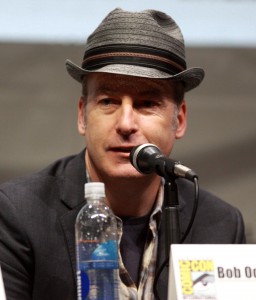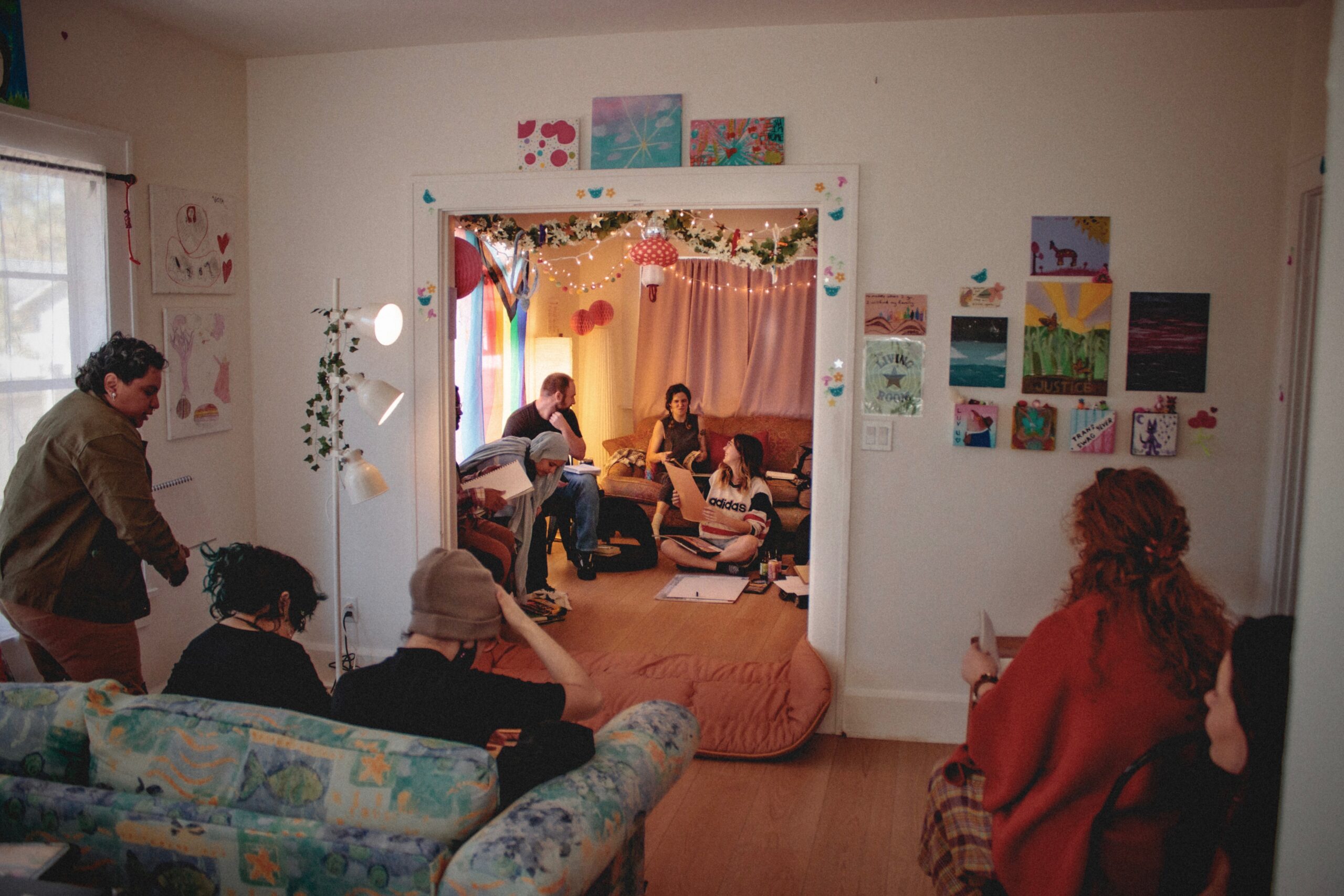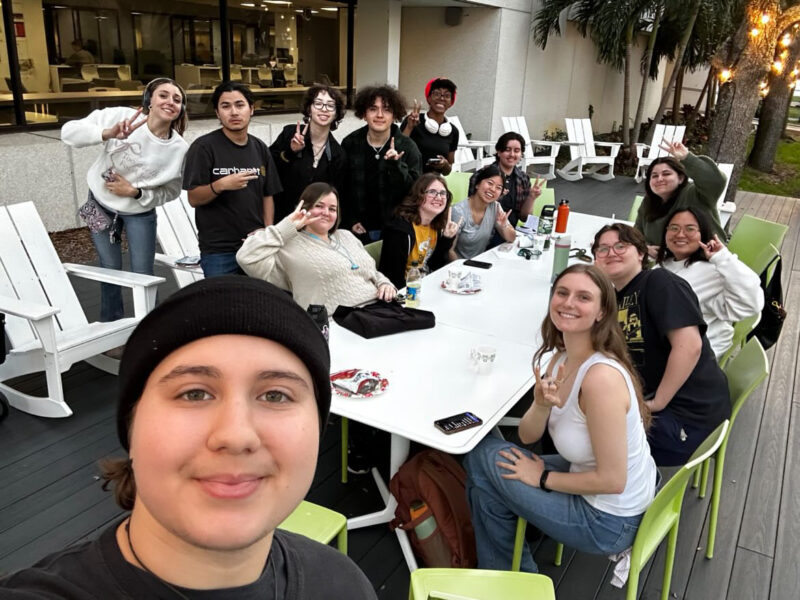
AMC’s series premiere of “Better Call Saul” debuted last Sunday, and it was all that “Breaking Bad” fans could have hoped for.
The aptly titled pilot episode “Uno,” began with a dreary, black-and-white, post “Breaking Bad” scene that shows us a glimpse into Saul Goodman’s (Bob Odenkirk) dismal life after the fallout of his dealings with the meth kingpins of Albuquerque.
Remember when Goodman said in the final season of “Breaking Bad,” “If I’m lucky, a month from now # best case scenario # I’ll be managing a Cinnabon in Omaha?”
Well it happened. In the end, Goodman goes into hiding and becomes “Gene,” the manager of a Cinnabon in Omaha.
Goodman is working at the counter when he notices a man seated at a table, staring in his direction. The man then gets up and begins walking toward Goodman, who, thinking the man knows his true identity, becomes rife with paranoia and fear. The man passes him, however, and greets a group of people outside the Cinnabon. Goodman’s face releases a depressingly awkward combination of relief and disgust at what has become of his life.
After a long day of baking Cinnabon cinnamon rolls, Goodman goes to his ordinary apartment. He pours himself a Rusty Nail—Dewars, Drambui and lemon juice—and watches a VHS compilation of his series of commercials touting the slogan “Better Call Saul!”
But this show isn’t about Gene or Goodman; it is about how a clever, desperate and morally flexible lawyer named James “Jimmy” McGill became the Saul Goodman character that we know and love from Vince Gilligan’s hit series “Breaking Bad.”
“Better Call Saul” takes place in the early 2000s. The year is not made explicit in the first two episodes, but there are a few clues, like McGill’s flip phone with an extendable antenna. The time period seems to be perfectly in line to preserve continuity with “Breaking Bad,” which began in 2008.
So far, “Better Call Saul” is a promising prequel to the franchise. The show is already creating tie-ins with “Breaking Bad’s” most memorable characters, like Mike Ehrmantraut (Johnathon Banks) and Tuco Salamanca (Raymond Cruz).
In this series, Ehrmantrout is a stickler of a parking lot attendant for the New Mexico courthouse where McGill begrudgingly accepts the most undesirable public defender cases — the first being his defense of three necrophiliac teenage boys. I’ll spare you the details.
McGill has humble roots as an attorney. He was not always the seedy, greedy, successful lawyer with a private practice focused on defending the guiltiest of people. In this show, he begins as a struggling, morally conflicted public defender who drives a beat-up Suzuki Esteem and whose law office is in a tiny room in the back of a nail salon.
“Breaking Bad” fans will be delighted to see a more complex, yet unmistakable, Salamanca in the second episode, “Mijo.” We get to see the softer side of Salamanca—a loving grandson to his adored abuelita. He is, or was, more than just the strung-out, violent, irrational New Mexican methamphetamine dealer with cartel connections.
Salamanca, however, lives up to our vicious and vindictive expectations of him. After two skateboarding scam artists, whom McGill refers to as “slippin’ Jimmy’s,” skate in front of Salamanca’s abuelita’s car, he takes the law into his own hands by threatening to skin the two extortionists alive out in the desert. The smooth-talking McGill comes to his clients’ rescue and mitigates the situation by talking Salamanca down to just breaking one leg each instead.
As he rushes them to the hospital, one of the two slippin Jimmy’s calls McGill “the worst lawyer ever,” and he replies with a line that epitomizes the tenacity of Saul Goodman:
“I just talked you down from a death sentence to six months probation. I’m the best lawyer ever,” McGill says.
The first two episodes of “Better Call Saul” were a brilliant and satisfying beginning to the “Breaking Bad” prequel. “Better Call Saul” breaks the mold with one of the most unconventional and witty lawyers ever in a TV series. Vince Gilligan once again illustrates his command over the art of the cliffhanger ending. Each show creates more unanswered questions, which keeps us coming back for more.
AMC’s “Better Call Saul” is a welcome and captivating chapter in the “Breaking Bad” franchise, and so far it has yet to disappoint.


